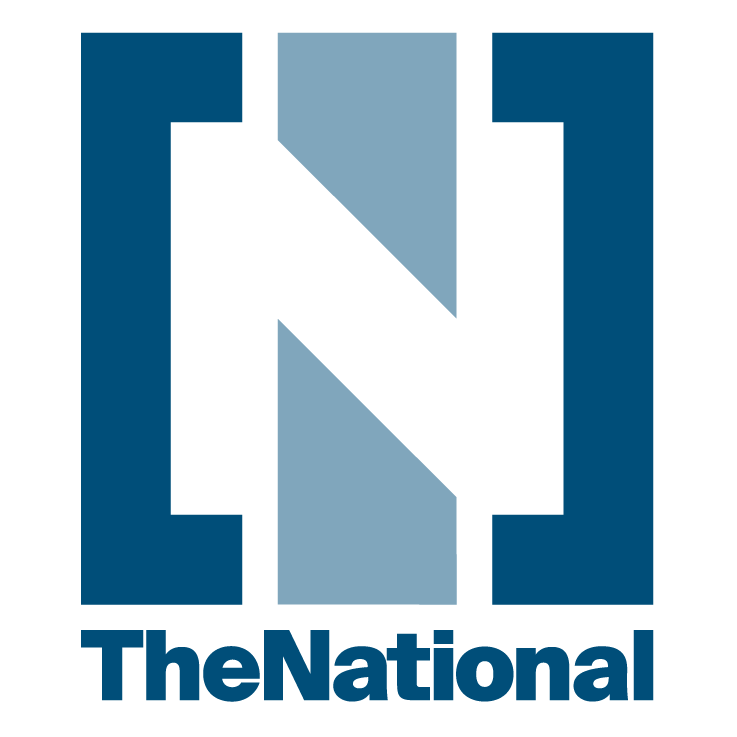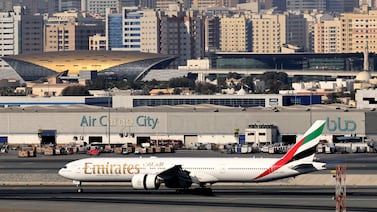The International Monetary Fund will provide comprehensive debt relief to Sudan as member countries of the fund pledged to support the North African country with a $1.41 billion worth of financing.
The new financing from 101 member countries will help Sudan to clear its arrears to the IMF as well as seek fresh funding from the Washington based lender, according to a statement from the IMF on Tuesday.
“Today’s financing milestone marks a historic opportunity for Sudan to move toward comprehensive debt relief from the IMF and the international community,” Kristalina Georgieva, IMF’s managing director, said. “The Fund will continue to support Sudan in its recovery from a long period of instability and economic hardship.”
A number of countries have pledged financial support to Sudan in recent times including France, Saudi Arabia as the North African nation faces tough economic challenges in the wake of the coronavirus pandemic as well as mismanagement of the economy under the previous government led by Omar Al Bashir.
France in May said it will lend $1.5bn to Sudan to clear its IMF debt, while Saudi Arabia also pledged to support the country with new funding.
Ms Georgieva said Sudan is now one step closer to reaching the HIPC (Highly Indebted Poor Countries) decision point, “a landmark which will significantly reduce Sudan’s total debt and allow access to fresh funds and new investments critical to boost growth and fight poverty.”
The HIPC Initiative was launched in 1996 by the IMF and World Bank, with the aim of ensuring that no poor country faces a debt burden it cannot manage. Since then, the international financial community, including multilateral organisations and governments, have worked together to lower to sustainable levels the external debt burdens of the most heavily indebted poor countries.
“I would like to recognise the efforts of our member countries, including many low-income economies, in mobilising funding for Sudan, as well as the continued cooperation from the World Bank, African Development Bank, Paris Club, European Commission, and other development partners which were critical to the success of this multilateral initiative,” Ms Georgieva, said.
Sudan is also undertaking a number of reforms including the removal of fuel subsidies and the broadening of tax base to stabilise its economy and support growth. Earlier this year, it devaluated its currency as it aims to attract more investment to the country and boost exports.
Late last year, the US removed Sudan from its state sponsors of terrorism list, paving the way for the country to get financial help from the World Bank and the IMF. The country also agreed to normalise relations with Israel to help it attract more investments into the country. It signed the Abraham Accords earlier this year.









